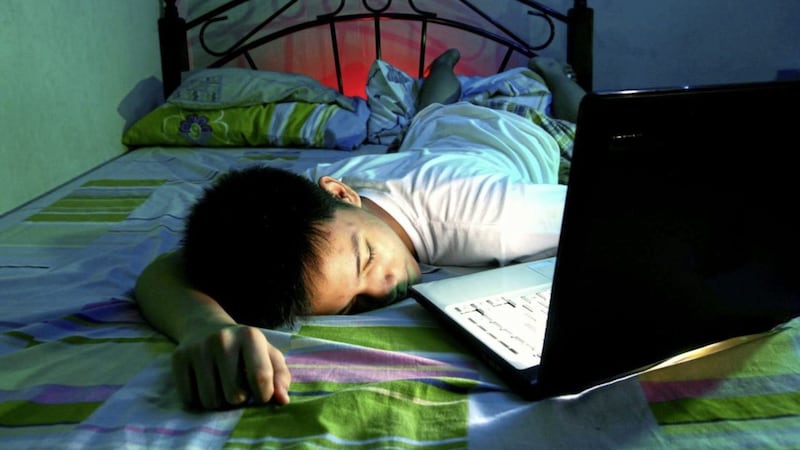NOW my 11-year-old son's at high school he thinks he can go to bed whenever he likes, which causes lots of rows. How much sleep do children need at this age, and have you got any tips for how we can encourage him to go to bed at a reasonable time?
Vicki Dawson, CEO of The Children's Sleep Charity, says: "Unfortunately this is a common problem, but the good news is that there are some things you can do to help to support your son.
"Firstly, it can help to educate young people about the importance of sleep. Sleep deprivation can impact on their concentration, weight, mood and appearance. Try the Sleep Council to help you broach the subject.
"The amount of sleep youngsters need can be variable, but on average, a young person of his age should be having around nine to nine-and-a-half hours.
"Young people's body clocks alter as they enter the teenage years, meaning they often have a tendency to stay up late but then struggle to get up in the morning. A set going-to-bed time and wake-up time are important to keep the body clock on track.
"Try to encourage him to do the same thing around the same time each day, even at weekends. Exposure to daylight can also support the body clock – open the curtains as soon as he wakes up and encourage him to spend time outside.
"Avoiding screens in the hour leading up to bedtime is important too, as they can interfere with the production of melatonin – the hormone that helps us to feel tired. Try to encourage him to take part in more relaxing activities that interest him as an alternative.
"Also, ensure the bedroom environment is calming and not stimulating – we have some tips about this on our website Teen-sleep.org.uk."







